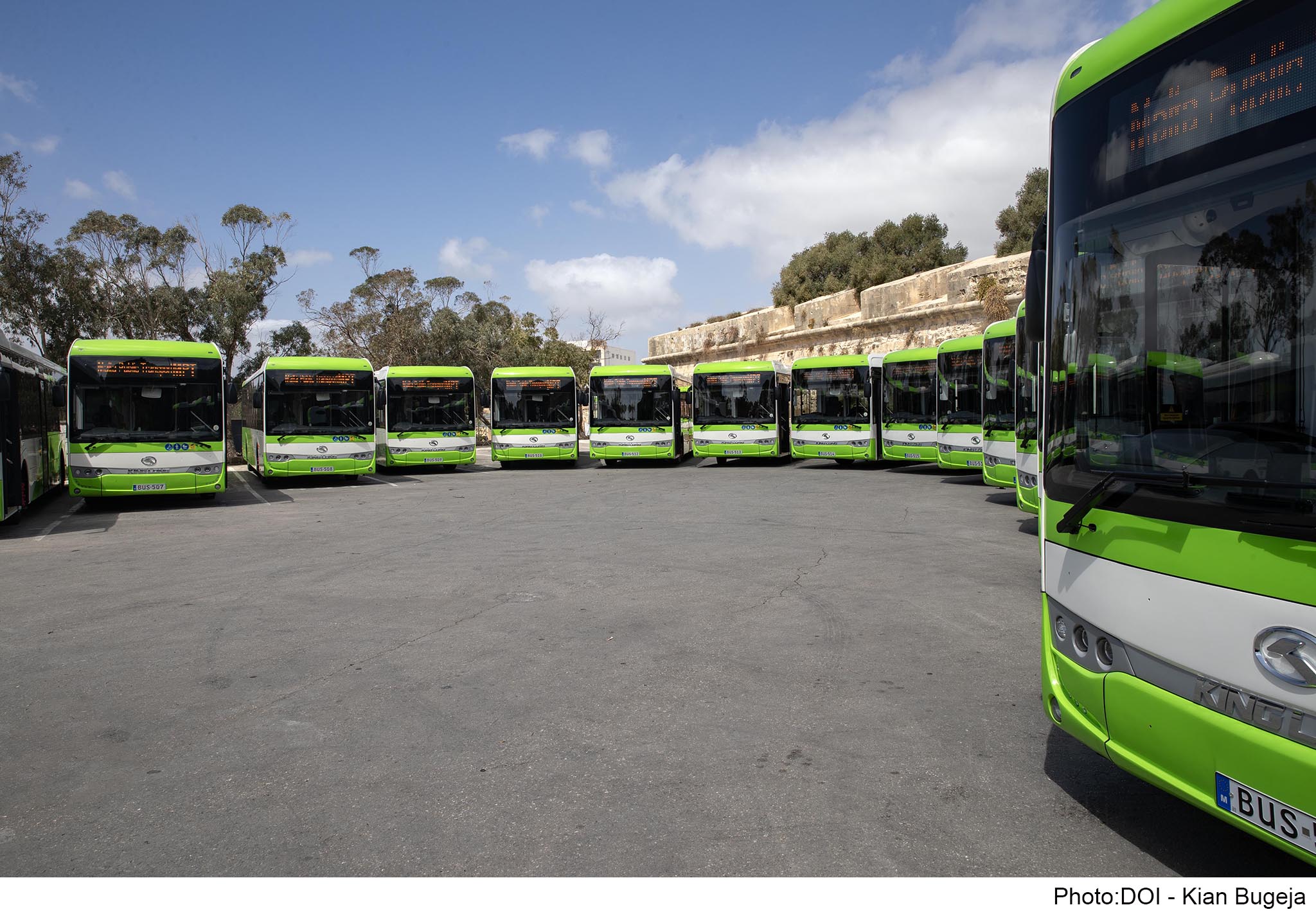The Government has introduced a set of rules for the regulation of a liberalised public electric vehicle (EV) charging network run by private enterprise, in a bid to achieve its climate targets and increase the attraction of EVs.
One of the key stumbling blocks to their widespread adoption is, in fact, the lack of adequate charging infrastructure, which makes it very difficult for those without a garage.
This follows the launch of a public consultation document in August 2021, with the information announced today providing a more behind-the-scenes look of the technical capacities required to make a multi-party network function.
As laid out in the consultation document, interoperability is key, allowing car owners to charge their vehicles at any of the country’s chargers, no matter their operator.
This will require the use of roaming functionality, and should resemble the model used in the telecommunications industry. Just as a Maltese resident with a Maltese sim card gains connectivity to an entirely different network as soon as they take their phone off flight mode, so would, in theory, an EV owner be able to charge their car just about anywhere else in Malta and Europe, no matter their operator.
Roaming charging stations must have a secure internet connection, standard communication protocols, and an RFID card reader or a function for remote activation.
Network operators are requested to provide payment systems which are interoperable across EU borders, with the system having to be designed to allow the exchange of billing and information.
The cost for users will be made up of two components – the actual cost of electricity, charged at a flat rate, along with a premium applied by the private service provider.
An authorisation fee of €75 per charging point is also payable on its registration.
“The regulations will also support the green economy: as the demand increases, so will opportunities for green jobs,” Minister for Environment, Energy and Enterprise Miriam Dalli said.
Unpacking Malta’s new American-style bankruptcy framework
The EU is reforming its insolvency rules to adopt some of the most beneficial elements of the US framework
More than half of all workplace deaths in last two years involved construction
No women died on the job in 2022 and 2023
Government shells out close to €70 million to national bus operator Malta Public Transport in 2023
Buses became free for residents in late 2022, leading to a hefty increase in the public subsidy






